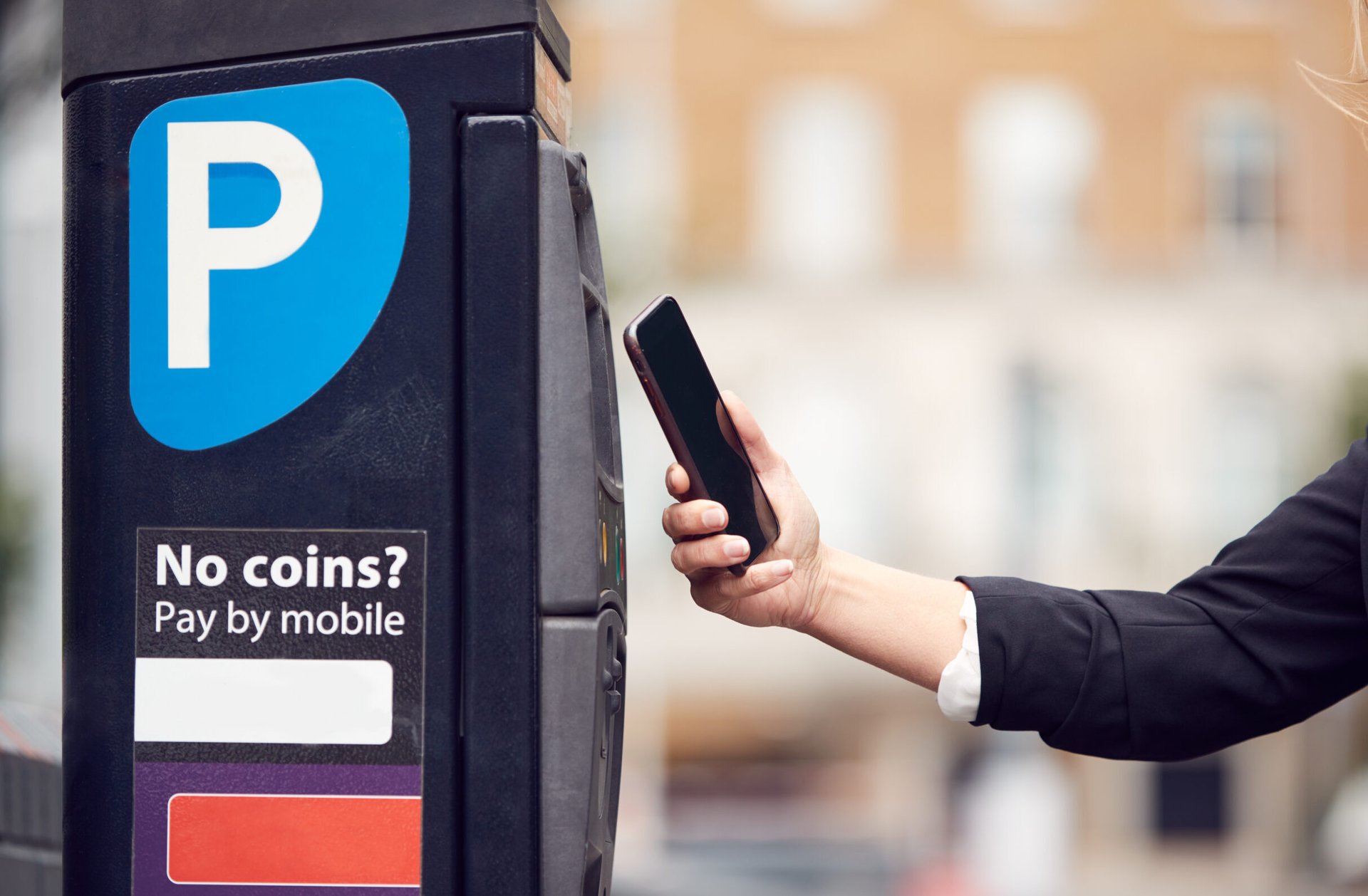
Chances are you’ve used a QR code; these days, they’re everywhere. Restaurants use them for menus. Event venues use them for tickets. And your local coffee shop may use one for Wi-Fi access. There are so many uses for QR codes that you may not even think twice before scanning one.
That’s what scammers are counting on.
The U.S. Federal Trade Commission (FTC) recently warned consumers of fraudsters’ latest tactic: trying to lure you into scanning QR codes they’ve created, such as by covering a parking meter QR code with one of their own.
In some cases, these scammers use their QR codes to direct you to a spoofed website to try to trick you into providing your personal information. In other cases, their QR codes install malicious software that steals personal information from your phone.
According to the FTC, QR code scammers may say:
- They weren’t able to deliver a package, and you’ll need to reach out to reschedule delivery.
- There’s an issue with a personal account of yours, and they need you to confirm your information.
- They noticed suspicious activity on one of your accounts, and you should change your password.
Many scammers will even try to create a sense of urgency so you’re less likely to question what you see.
According to the FTC, U.S. consumers reported losing almost $8.8 billion to fraud in 2022, a 30% increase from the year before. That’s why it’s so important to protect yourself from becoming a victim.
To avoid falling victim to a QR code scam:
- Always check website addresses carefully. Scammers make fake websites designed to look like those of popular businesses (known as spoofed websites), so make sure nothing is off by checking for misspellings in addresses.
- Don’t scan a QR code in a text or email that you weren’t expecting. Instead, search online for the company’s website or customer service line.
- Make sure your phone operating system is up to date.
- Protect your accounts by using two-factor authentication.





Add a Comment
Our Policy: We welcome relevant and respectful comments in order to foster healthy and informative discussions. All other comments may be removed. Comments with links are automatically held for moderation.